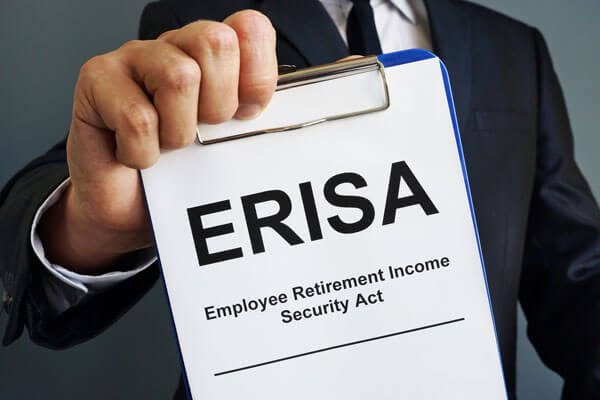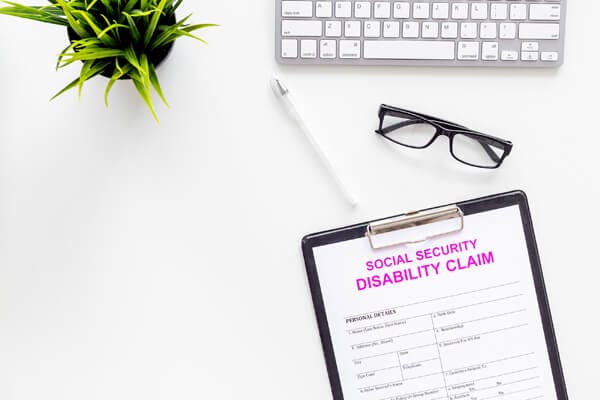Top Myths About ERISA and Long-Term Disability Benefits

Many people will give you advice about your long-term disability claim, but not all of them speak from a position of knowledge. Some are correct in saying that the Employee Retirement Income Security Act (ERISA) applies to the private disability insurance plans provided by Georgia employers. If you cannot work because of a medical condition, you may be eligible to recover some of your lost income through your plan. However, other information you receive from friends and loved ones may miss the mark. ERISA is an exceptionally complicated law that even lawyers don’t fully understand.
Instead of making decisions based upon misinformation, you should trust a Georgia ERISA and long-term disability attorney who focuses on this specific practice area. It’s also important to not act in haste when you hear the myths about ERISA that can adversely affect your interests.
Myth #1: Your insurance company makes it easy to get your long-term disability benefits.
Getting approval on your claim for disability benefits is much more complicated than filling out a few forms. Insurers are businesses, so they’re diligent when investigating claims. They’ll meticulously scrutinize your documentation, looking for:
- Loopholes in your policy;
- Inconsistencies in your disabling medical condition;
- Ways you can work in another position; or,
- Other reasons to deny your claim for benefits.
Myth #2: You should fully disclose all details about your disability when dealing with the insurance company.
When you know that the insurer is working on ways to deny your claim, you can see why it’s important to be caution in conversations with the plan administrator. If you reveal too much, you could be giving the insurance company the information it needs to justify a rejection.
Myth #3: Your doctor’s statement that you’re disabled should be enough to get approval for long-term disability benefits.
Insurance companies will place a lot of weight on your medical records, including physician’s notes about your medical condition. However, this isn’t the end of the inquiry. Your policy will include very specific definitions of disability, which is often very narrow. These terms control whether or not you qualify as disabled for purposes of receiving benefits – not the words of your doctor alone. Even if you’re approved for Social Security Disability Insurance (SSDI) benefits, that doesn’t mean you’ll automatically be eligible for long-term disability.
Myth #4: You don’t need to worry about your social media posts.
You might think you can continue on with your regular online activities, especially since platforms like Facebook, Instagram, and Twitter are effective channels for communicating with friends and family. The problem is that your social media posts tell a story about your life, one you may not want the insurance company to see. When your content is inconsistent with your allegations about a disabling medical condition, your claim may be denied. The most damaging posts are photos and video of you engaging in physical activities.
Myth #5: Any attorney can help you get your ERISA long-term disability benefits.
Many lawyers are general practitioners, which means they represent clients in a wide range of areas. They may have broad legal knowledge, but they may not have focused dedication in the very exacting area of ERISA and long-term disability. You should always make sure your attorney has extensive experience and a high percentage of clients in this niche.
You Can Count on a Georgia ERISA and Long-Term Disability Lawyer
For more information about ERISA and how it affects your long-term disability insurance benefits, please contact the Vaughn Law Firm. You can call 877.615.9495 or go online to schedule a free consultation with a member of our team. Our attorneys serve clients throughout DeKalb County, Fulton County, and Cobb County from our office in Decatur, GA, and we’re happy to advise you on your rights.




